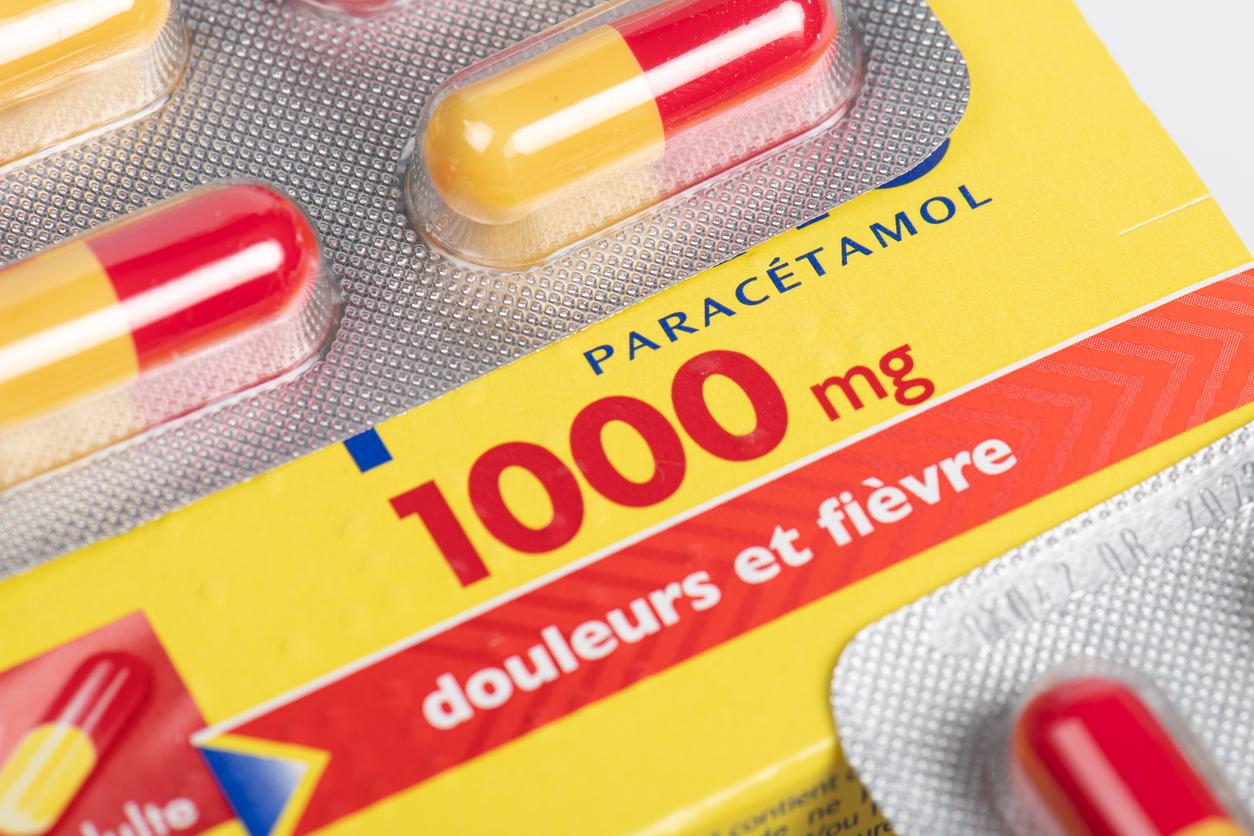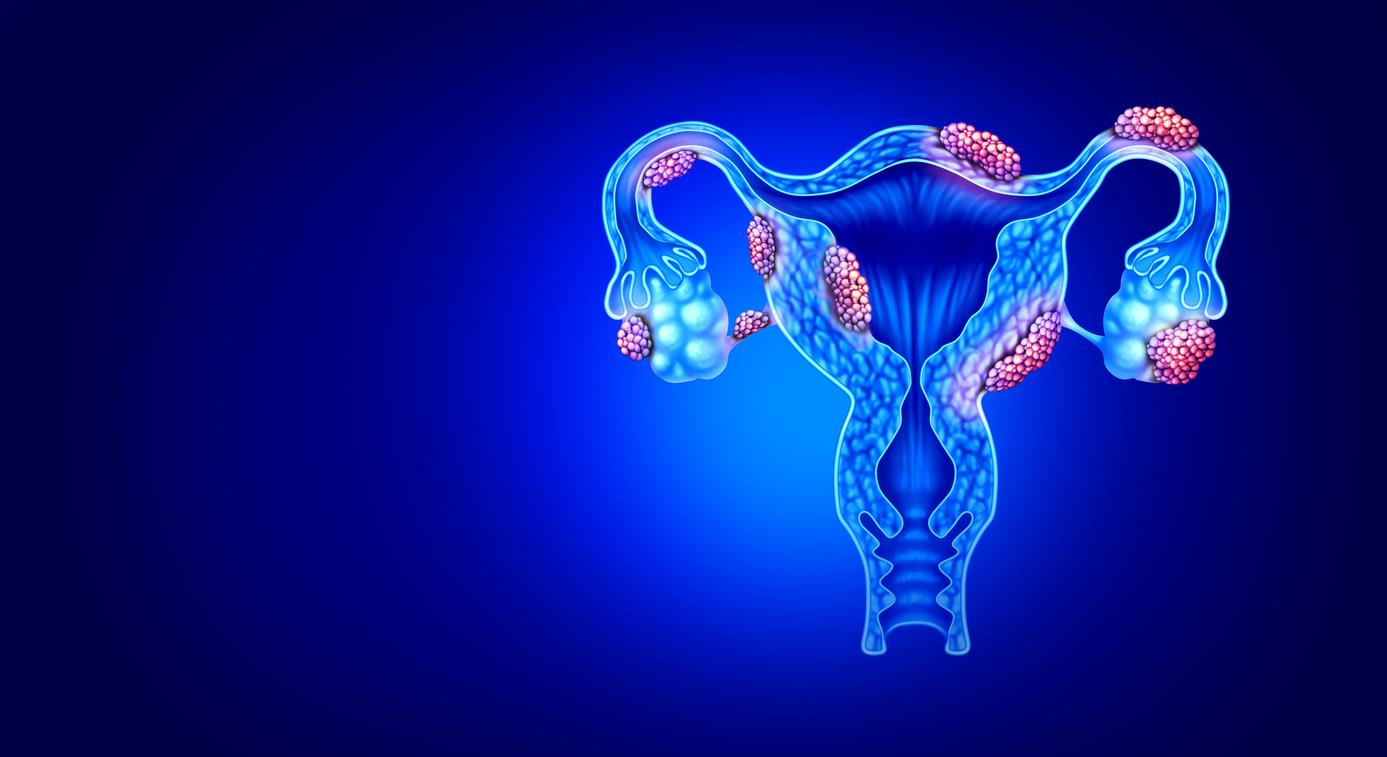A survey of healthcare personnel highlights their physical and/or moral suffering. Despite their love of the profession, nearly 87% say they are pessimistic about their future and only 1 in 3 would recommend their profession to those around them.

Our caregivers are in bad shape, both morally and physically. Here is the conclusion of the 3and barometer on caregiver morale, conducted by market research specialist APlusA for the start-up 360 medicsand the results of which will be revealed on Monday 4 November.
A total of 6,956 nurses, doctors and nursing assistants responded to the survey, with categorical results: although they love their job, nursing staff are today in great pain and very pessimistic about their future or that of the health system.
More than 6 caregivers out of 10 in physical and/or moral suffering
“For three years, we have been constantly see the morale of caregivers plummet“, notes Grégoire Pigné, radiation oncologist and founder of 360 Medics. While in 2018, 58% of caregivers declared feeling moral and physical exhaustion, today 66.8% of caregivers surveyed report being in physical pain. and/or morality, among which a majority of nursing auxiliaries (79.9%) and nurses (69.1%).
For the founder of 360 Medics, these edifying results make it possible to “mediatize the suffering of caregivers and to sound the alarm about a health system in decline”. As proof: they join those of a previous survey carried out in 2017 for the association Care for Health Professionals (SPS), which revealed that of half of the 700 health professionals questioned, more than 40% of them say they know a colleague who attempted suicide.
A lack of confidence in the future of their profession
However, the members of the nursing staff questioned mostly like their job (96.5%). But chronic shortages of staff and resources, overwork and lack of recognition make their daily lives too difficult for them to consider advising their profession to those around them: only 26.9% of them would recommend one of their relatives to be a caregiver. “For many caregivers, working in the medical field is a vocation. But the reality of the job is extremely difficult, caregivers come up against a daily practice every day where they must constantly do better with less”, analyzes Grégoire Pigné.
The doctors, nurses and caregivers interviewed are not very optimistic about the future of their profession. “We have two very distinct profiles emerging: 86.6% of caregivers are pessimistic, and only 13.4% of them are optimistic, details Grégoire Pigné. The pessimistic caregivers do not believe, at 96.9% and 93.3%, that public health policies and changes in the patient-caregiver relationship can improve their working conditions. And only 40% of them believe that new technologies could have a positive impact on the exercise of their profession.”
As the country was shaken by a serious crisis in the emergency services for more than six months, how today can we restore a taste for their profession to caregivers and confidence in the future? “We must get out of the logic of costs in which the French health system finds itself, insists Grégoire Pigné. Caregivers have immense expertise, recognized throughout the world. We must invest heavily to take care of all French patients. , but also to become the leader of a dematerialized care industry that is economically viable for France, which allows caregivers to regain hope.”
.














